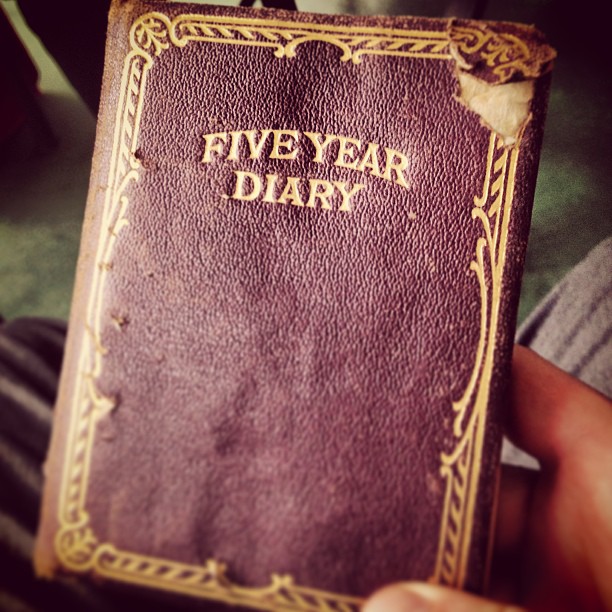Henry B. Eyring shared the following story about journal keeping,
“When our children were very small, I started to write down a few things about what happened every day. Let me tell you how that got started. I came home late from a Church assignment. It was after dark. My father-in-law, who lived near us, surprised me as I walked toward the front door of my house. He was carrying a load of pipes over his shoulder, walking very fast and dressed in his work clothes. I knew that he had been building a system to pump water from a stream below us up to our property.
“He smiled, spoke softly, and then rushed past me into the darkness to go on with his work. I took a few steps toward the house, thinking of what he was doing for us, and just as I got to the door, I heard in my mind—not in my own voice—these words: “I’m not giving you these experiences for yourself. Write them down.”
“I went inside. I didn’t go to bed. Although I was tired, I took out some paper and began to write. And as I did, I understood the message I had heard in my mind. I was supposed to record for my children to read, someday in the future, how I had seen the hand of God blessing our family. Grandpa didn’t have to do what he was doing for us. He could have had someone else do it or not have done it at all. But he was serving us, his family, in the way covenant disciples of Jesus Christ always do. I knew that was true. And so I wrote it down, so that my children could have the memory someday when they would need it.”
“O Remember, Remember”
General Conference, October 2007


You must be logged in to post a comment.